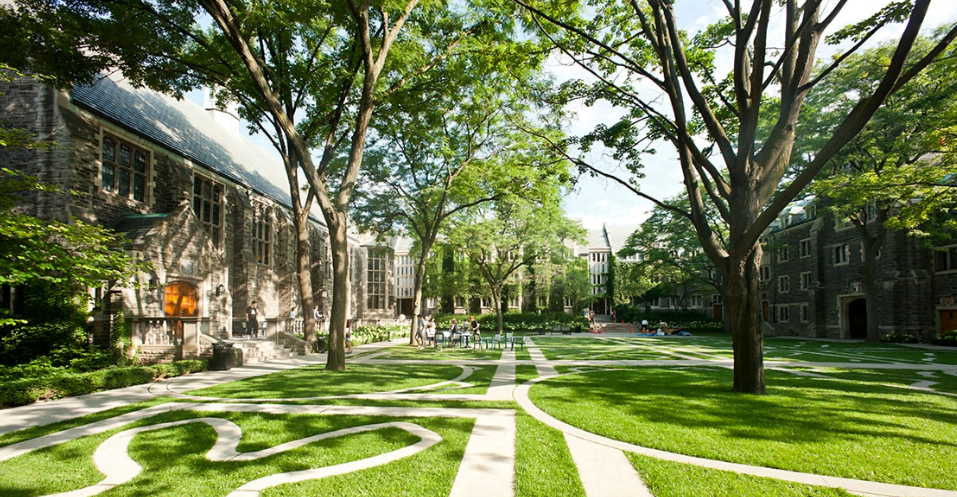As environmental concerns continue to rise, more and more institutions are taking action to reduce their carbon footprint and promote sustainable practices. Colleges and universities across the United States are no exception, with many striving to become leaders in sustainability. In this article, we will explore some of the greenest campuses in the United States and highlight their efforts to promote sustainability.
Table of Contents
Greenest Campuses in the United States
University of California, Davis
The University of California, Davis has been recognized as one of the greenest campuses in the country for its commitment to sustainability. The campus has reduced its carbon footprint by over 40% since 2010 and has implemented a number of sustainability initiatives, including a solar farm, a bike-sharing program, and a composting program.
Stanford University
Stanford University has been a leader in sustainability for many years and has set a goal to achieve net-zero greenhouse gas emissions by 2050. The campus has implemented a number of sustainability initiatives, including a solar farm, a zero-waste program, and a sustainability-focused undergraduate curriculum.
Arizona State University
Arizona State University has made sustainability a core part of its mission and has been recognized as a leader in the field. The campus has implemented a number of sustainability initiatives, including a solar array, a zero-waste program, and a sustainability-focused curriculum for all students.
University of Vermont
The University of Vermont has a long history of environmental stewardship and has set a goal to become carbon neutral by 2025. The campus has implemented a number of sustainability initiatives, including a solar array, a composting program, and a focus on locally sourced food.
Georgia Institute of Technology
The Georgia Institute of Technology has set a goal to achieve carbon neutrality by 2030 and has implemented a number of sustainability initiatives to achieve this goal. The campus has a LEED Platinum-certified building, a bike-sharing program, and a focus on sustainable transportation options.
Sustainability Initiatives on College Campuses
While each campus has its own unique sustainability initiatives, there are some common themes that emerge across the country. These include:
- Renewable energy: Many campuses have implemented renewable energy sources, such as solar arrays or wind turbines, to reduce their reliance on fossil fuels.
- Zero-waste programs: Campuses are implementing zero-waste programs to reduce waste and promote recycling and composting.
- Sustainable transportation: Many campuses have implemented bike-sharing programs, electric vehicle charging stations, and other sustainable transportation options to reduce carbon emissions from transportation.
- Sustainable food: Campuses are focusing on locally sourced and organic food options to reduce the carbon footprint of their food service operations.
- Sustainability-focused curriculums: Some campuses are integrating sustainability into their curriculums to ensure that all students have a basic understanding of environmental issues and solutions.
Conclusion
As the world continues to face environmental challenges, it is encouraging to see that many colleges and universities in the United States are taking action to promote sustainability. From renewable energy to sustainable food, these campuses are implementing a variety of initiatives to reduce their carbon footprint and create a more sustainable future. By recognizing and promoting these efforts, we can encourage other institutions to follow their lead and make sustainability a core part of their mission.


You may like it
7 Low-Cost Online College That Provides Laptop Deals 2024
Football Colleges in Texas: Top 7 Programs in 2024
Good Colleges for Lawyers: Top 10 Choices for a Path to Legal Success
10 disadvantages of physical education
top 7 best colleges for chemistry in 2024
Most Academically Rigorous Colleges: A Comprehensive Analysis of Top Intellectual Institutions